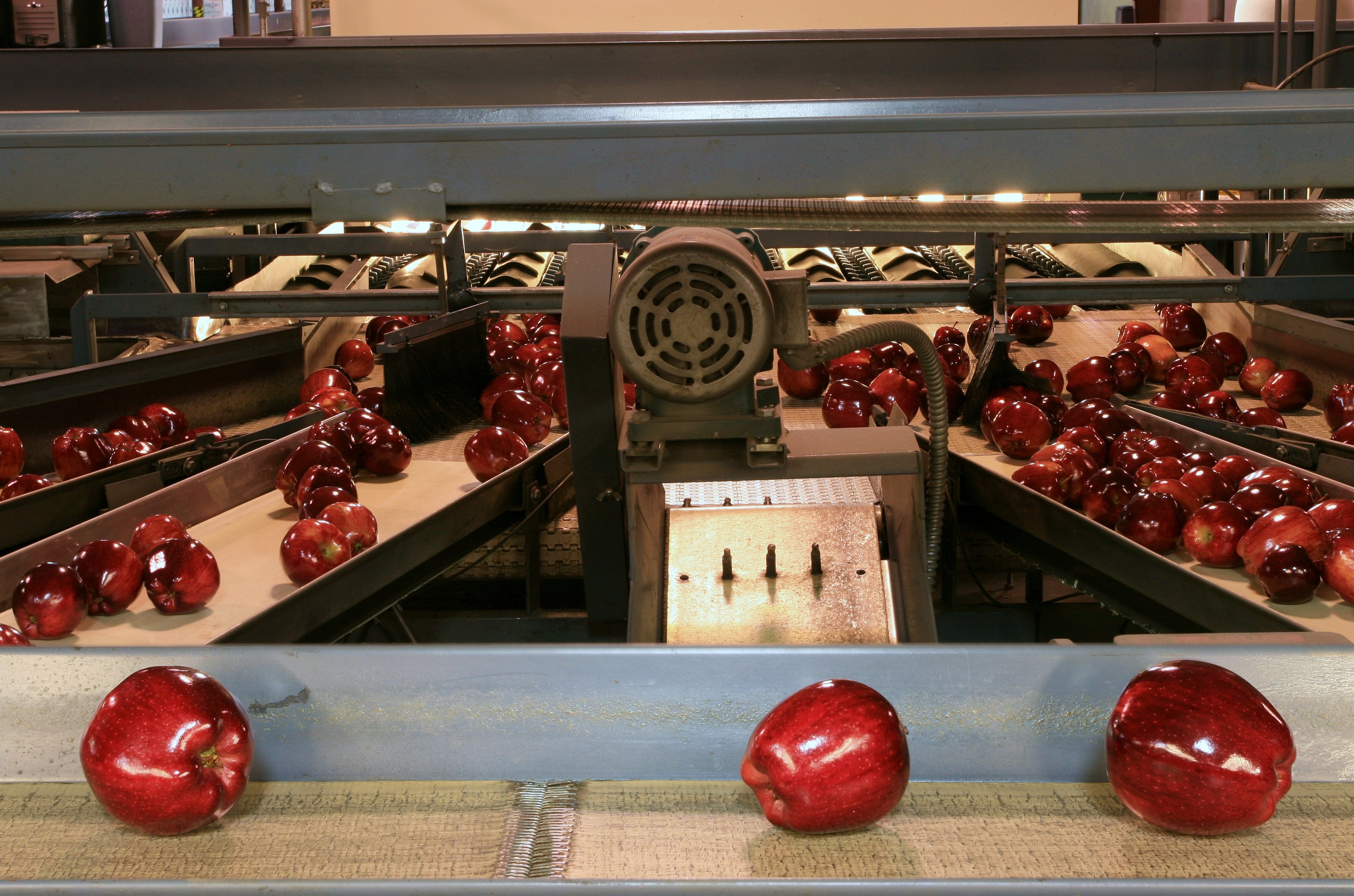Graduate students thinking about working to tackle one of the big issues of our time – how to feed our growing global population sustainably – are being offered the opportunity to take part in a new education programme.
Called 'Innovative Food Systems Teaching and Learning' (IFSTAL), it is the first inter-university collaboration in the UK that gives postgraduates a chance to study food systems. The programme offers innovative, interactive ways of learning, and is available to all postgraduates at each of the participating institutions. It is also the first inter-university programme in the UK to work with partners in government, business, and NGOs to design a programme for a future workforce that has a better understanding of a wide spectrum of the issues involved.
Led by the University of Oxford, and jointly delivered across City University-London, the University of Reading, the University of Warwick and the Leverhulme Centre for Integrative Research on Agriculture and Health, IFSTAL looks at the entire food system. It examines the interactions between food security and changes in climate, in other environmental aspects, and in social and economic conditions over the coming decades, and what these might mean for consumers and the many enterprises involved.
IFSTAL is being offered as an extra component for postgraduates already enrolled on Masters or PhD courses in a wide range of disciplines. It offers lectures livestreamed to all IFSTAL institutions, online resources, blogging, and a range of opportunities to interact with fellow students and the workplace. The content includes a wide selection of topics relevant for those wanting to work in the agri-food industry or in relevant NGOs or government departments.
We have a challenge in ensuring food security for all given the world's growing demand.
Dr John Ingram, Environmental Change Institute
There will be a total of eight lectures over the year given by experts in their field, with each participating institution bringing its own disciplinary specialism. The first lecture by programme leader Dr John Ingram, from Oxford’s Environmental Change Institute, will be live-streamed on 22 October. Most of the programme will be delivered via the interactive Virtual Learning Environment, but there will also be opportunities for face-to-face meetings and a week-long, work-related summer school at the end of the academic year.
IFSTAL is funded over the next three years by the Higher Education Funding Council for England (HEFCE), through their Catalyst Fund and is offered at no extra charge to postgraduates at the participating institutions.
Programme leader Dr John Ingram, from the Environmental Change Institute at the University of Oxford, said: 'We have a challenge in ensuring food security for all given the world's growing demand. This is especially so given that the way we currently produce, process, distribute and consume food significantly degrades the planet’s natural resources upon which our food security depends.
'This new programme provides an overview of these activities to explore how they interact with global demographic and economic trends, as well as environmental change. We have talked with leading food-related organisations and companies who agree there is an urgent need to create a workforce that is better informed in the wide range of food system issues. This new initiative will help address this need so as to develop and implement more sustainable ways of satisfying food demand in the future.'
Judith Batchelar, Director of Sainsbury's Brand, said: 'We're proud to play our part in this first of its kind course which we hope will go a long way to support the food industry. The programme is aimed at addressing the key challenge of building skills and capacity that are fit for the future, this can be particularly complex while ensuring it drives sustainable progress.'
Mark Driscoll, Head of Food, Forum for the Future, said: 'We believe in an innovative and systemic approach to learning, and are delighted to see this being offered to a wide audience through the IFSTAL programme. This programme will go a long way in addressing the knowledge and skills gap within our food industry, and will help empower the next generation of leaders with the skills required to address some of the complex challenges we face.'
